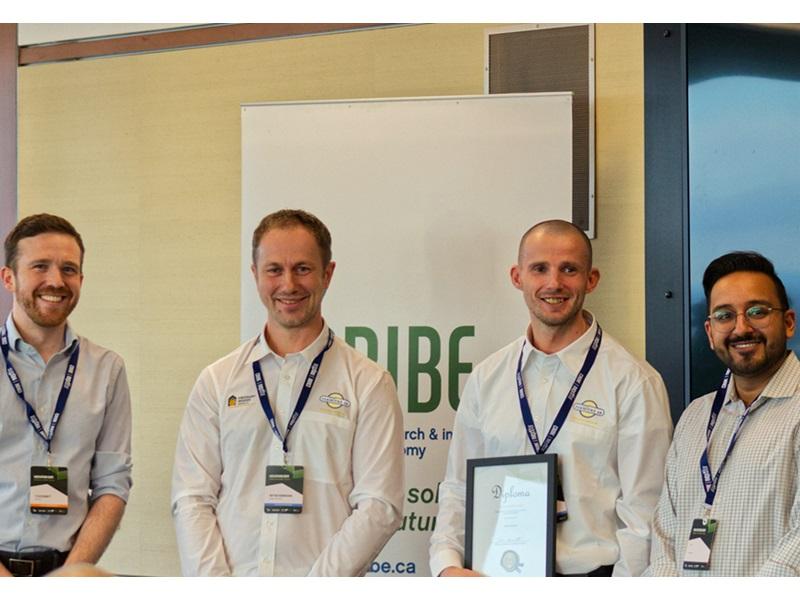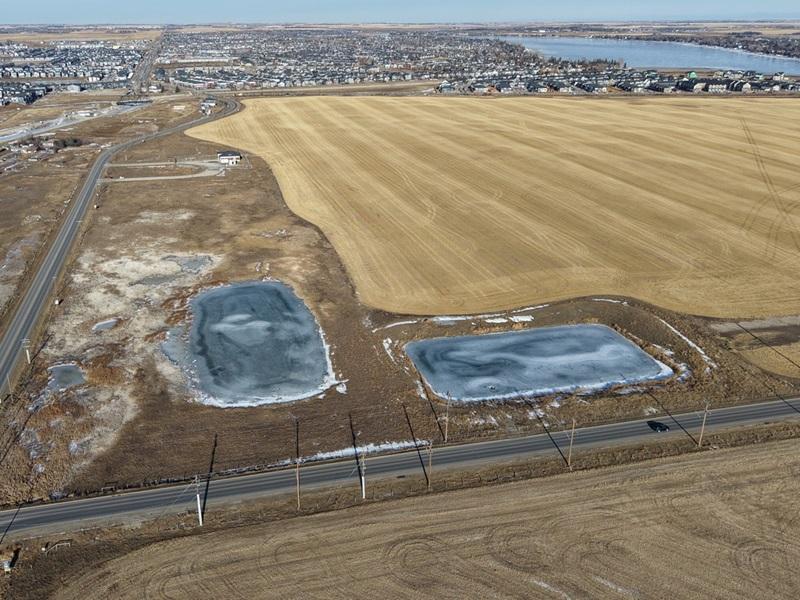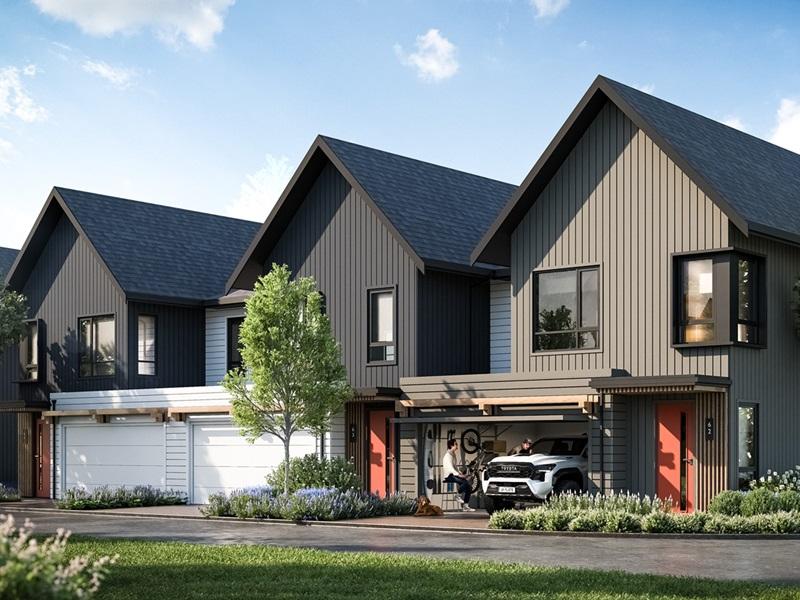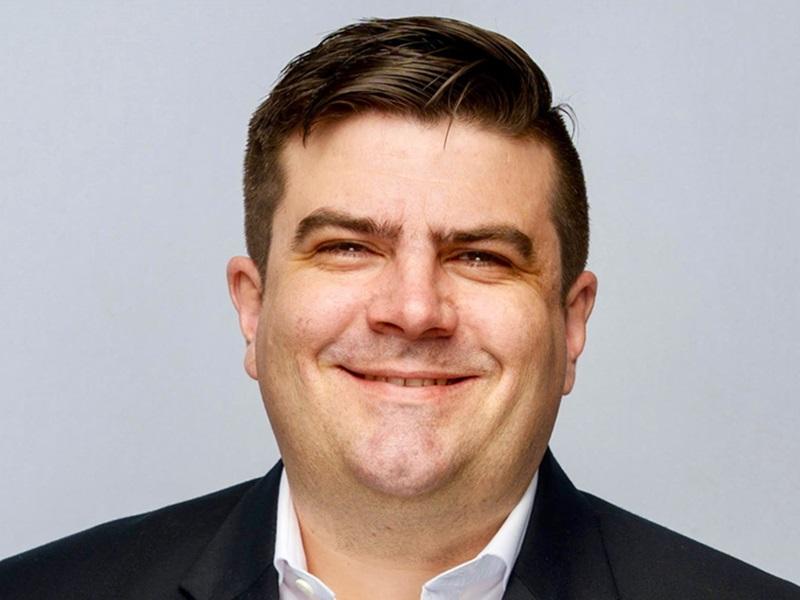
Housing is an interconnected set of challenges often beset by unintended consequences, British Columbia Premier David Eby said during a visit to a ULI B.C. gathering in Vancouver last week.
Eby said the ongoing housing crisis in the province will be a core issue for voters and elected leaders to continue to face down when they go to the polls to elect a new provincial government on Oct. 19.
To illustrate his point about the difficulty of tackling housing issues, Eby related a story from the years he was starting out as a young lawyer for Pivot Legal Society. A landlord had called him shortly after hearing Eby would be focused on housing advocacy issues.
"He said, 'What were you going to do?' And I was like, ‘I'm going to go after the slumlords’," Eby recalled during the ULI question and answer session on Sept. 12. It was moderated by Duncan Wlodarczak, chief of staff at Onni Group of Companies.
"’I'm going to make sure that we shut them down and . . . they're not taking advantage of people’,” Eby said he told the property owner. The property owner replied that Eby was an "idiot", adding some profanity to emphasize the point.
Housing crisis a core issue for voters
The message to Eby was about the consequences that shutting down the city’s notorious single-room occupancies (SROs) would have on the residents. They would all end up homeless because there was nowhere else for them to go, despite the neglected conditions of many of the properties in Vancouver’s Downtown Eastside.
It's an issue which continues to persist today.
Eby said his early thoughts on housing issues have evolved throughout his time as a civic rights lawyer, MLA, housing minister and premier. "Housing is a really interconnected, challenging issue, and so the reason it hasn't been solved is that it's so: pull on one piece, and you lose another piece.”
One of the key challenges moving forward should his NDP government win against John Rustad’s Conservatives, is getting the province and municipalities on the same page with the approvals process, Eby said.
The B.C. government, led by housing minister Ravi Kahlon, has been more forcefully directing municipalities to approve and fast-track more types of housing, and more of it.
Among the changes are regulations that would require most communities over 5,000 people to permit up to four units on lots currently zoned for single-family or duplex use, depending on lot size; and six units on larger lots currently zoned for single-family or duplex use located near transit stops.
The province has also enacted requirements for larger cities to approve taller residential towers within specified ranges of 52 transit oriented hubs including SkyTrain stations and West Coast Express stops. But not all communities are getting on board. Burnaby City Council, for example, has delayed approval of the transit-oriented zoning requirements despite frustration from the province.
"We can't have just a few communities doing all the work to build the housing that we need, and saying yes to all the different kinds of housing, and figuring out how to make it work," Eby said. “We actually need everybody to do it."
More provincial say in immigration flow
Another challenge is B.C.’s surging population, Eby said.
He said the pace of housing construction has not kept up with the number of newcomers arriving in B.C., nor have key public services and infrastructure.
"I really wish that the feds gave us more space to recruit trained workers in various categories to British Columbia," Eby said. "They have really, really remarkably high immigration targets."
"Are we making sure that we're building the capacity for the housing services for that kind of population growth in our province is, I think, a really unfortunate oversight, and we're pushing them for a greater hand in immigration programming for our province to try to address on that gap."
The potential for First Nations developers
One major opportunity for new housing is already coming from local First Nations, Eby said, noting that Musqueam Indian Band, Squamish Nation and Tsleil-Waututh Nation are among the largest owners of land available for development in Metro Vancouver.
"What I see is nations leveraging land to be able to develop economically in a whole bunch of different ways,” Eby said. “When they do that, they're actually lifting up not just their own nation, but the areas around as well."
The MST Development Corporation, a partnership among the three nations, oversees six properties comprising 160 acres of prime developable lands throughout Metro Vancouver, valued at over $2 billion, according to its website. Among them are the Marine Drive Lands in West Vancouver; East and West Jericho Lands in Vancouver co-owned with the Canada Lands Company; and the former Liquor Distribution Branch site on East Broadway in Vancouver co-owned with Aquilini Investment Group.
At the south end of the Burrard Street Bridge in Vancouver, Squamish Nation continues to work with Westbank on Senakw, a master-plan that would eventually add 11 towers and 6,000 homes.
How to know if the housing crisis is beaten?
Asked by an audience member how Eby's government will determine when and if the housing crisis is beaten, Eby said there are some metrics they would watch.
Among them are achieving a more balanced housing vacancy rate of three per cent, the Premier said.
"We can (also) look to the number of years you have to save . . . based on average income for a down payment for a home." He said that should be close to 10 years or less, instead of the 30 years-plus years where it currently sits.
"I think that we are deep into a housing crisis, whether you look at homelessness, population, rents compared to incomes, housing prices compared to incomes, you name it," he said. Getting rents and home prices more in line with incomes will reveal progress and signs "that we're getting closer to beating the housing crisis."










